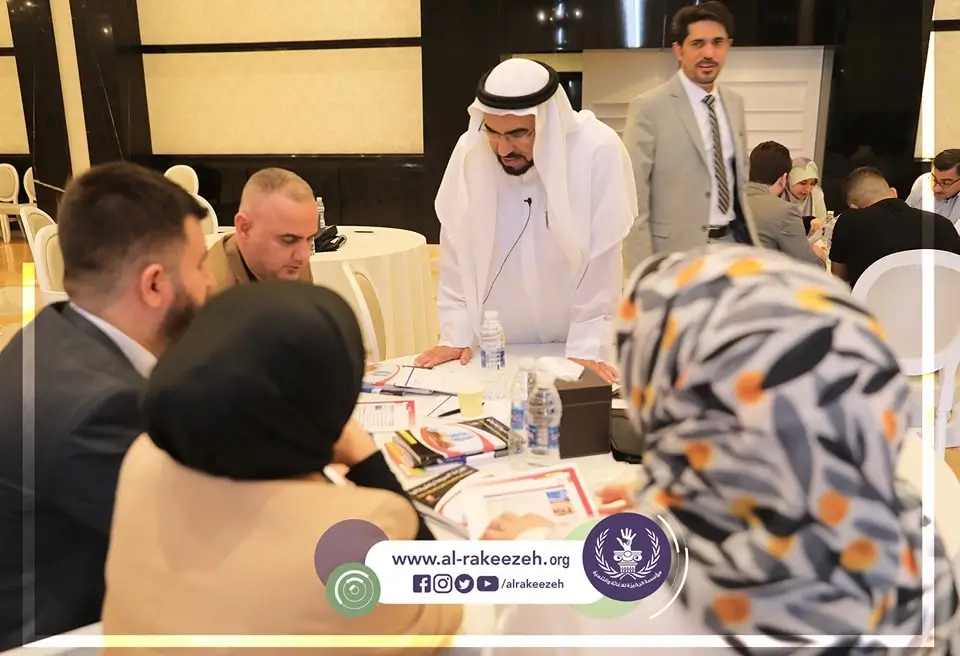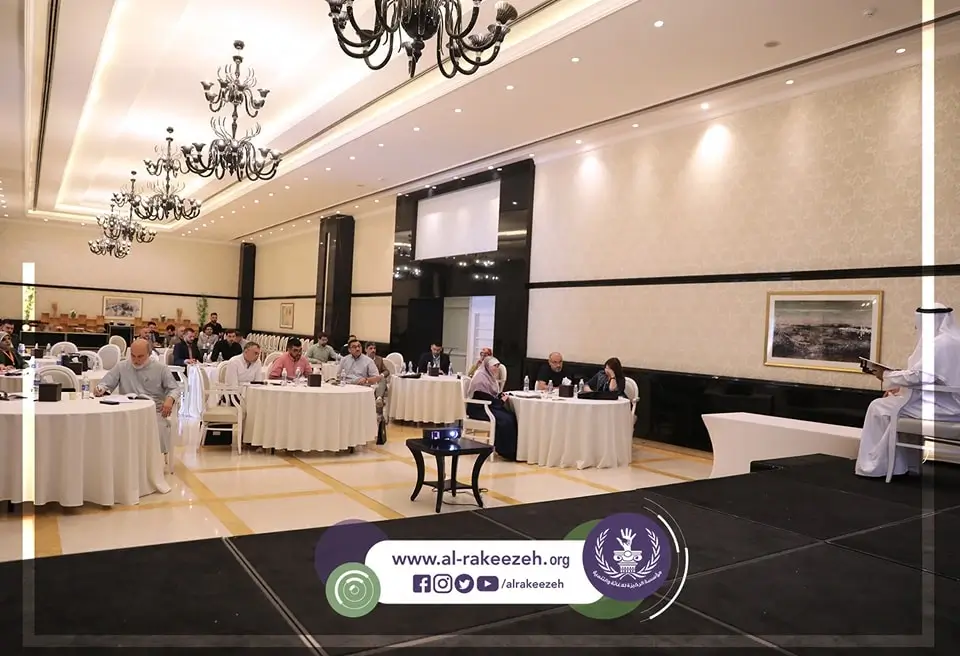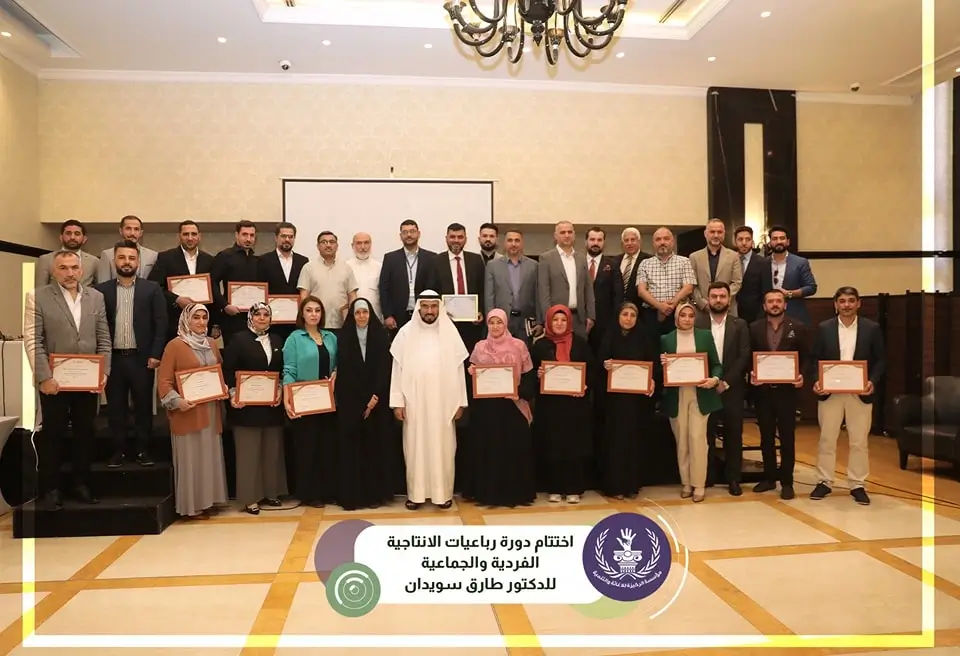Productivity in Performance:
Definition, Impacts, and Ways to Enhance
Al-Rakeezeh – Exclusive
Productivity is a crucial concept in the world of business and personal life as well. The ability to accomplish more tasks in less time fosters continuous improvement and success. In this article, we will explore the concept of productivity, its types, and the most important steps and tips that can help boost productivity and performance effectively.
What is Productivity in performance?
Productivity is a concept used to measure the efficiency and effectiveness of resource utilization (such as time, effort, money, and materials) to achieve desired results. In a general context, productivity can be defined as the ability to accomplish tasks and achieve goals using the least possible amount of resources.
Definitions of productivity may vary slightly depending on the context and field. In an economic environment, productivity can be defined as the total production of goods and services within a specified time frame. Generally in the context of business management, productivity refers to an organization’s ability to achieve its goals and execute its tasks efficiently and effectively.
When striving to enhance productivity, the goal is to achieve maximum results using minimal resources. This requires proper organization and planning, the use of efficiency-enhancing techniques and tools, and the development of personal and professional skills.
In general, productivity can be summarized as achieving the highest possible output or results using the least possible inputs, and this is considered a significant goal in various aspects of life and business.

From the course ‘Individual and Collective Productivity Quartets’ held by Dr. Tareq Al-Suwaidan in Baghdad in collaboration with Al-Rakeezah Foundation

From the course ‘Individual and Collective Productivity Quartets’ held by Dr. Tareq Al-Suwaidan in Baghdad in collaboration with Al-Rakeezah Foundation
Types of Productivity Efficiency
Several types of productivity efficiency depend on different aspects of production and resource utilization. Among them:
- Technical Efficiency: This relates to how resources and technology are used to achieve the highest level of productivity in performance. It includes optimizing processes and techniques and utilizing modern technology to achieve maximum productivity with minimal resources.
- Economic Efficiency: Economic efficiency aims to strike the best balance between costs and production. It aims to reduce the overall costs of production, including raw materials, labour, energy, and marketing.
- Efficiency in Human Resource Utilization: This involves investing in and employing the skills and capabilities of workers in the best possible way. It includes skill development, improving work schedules, and fostering team spirit and collaboration.
- Time Management Efficiency: Time management focuses on achieving maximum productivity by organizing and prioritizing tasks and controlling the time spent on each task.
- Planning and Organizational Efficiency: This emphasizes effectively organizing processes and tasks to achieve optimal productivity. It includes production planning, resource allocation, and inventory management.
- Environmental Efficiency: Environmental efficiency means achieving productivity in ways that reduce negative environmental impact and contribute to environmental sustainability.
Distinguishing Between “Production” and “Productivity”
One frequently asked question pertains to the difference between production and productivity. The difference here lies in the concept and meaning associated with each.
Production involves the process of transforming raw materials or components into finished goods or services ready for consumption or use. It encompasses multiple stages such as raw material assembly, processing, product design, and manufacturing. certainly, the goal of production is to create goods or services that meet market and consumer needs.
On the other hand, productivity is the ability of an individual or an organization to achieve maximum output using the available resources efficiently and effectively. Productivity is concerned with the efficient utilization of resources and time to achieve the highest level of output with the least possible effort.
Altogether to illustrate the difference, production is the general activity that involves producing goods and services. While productivity focuses on how to achieve the highest level of output through efficient organization and resource utilization. Additionally, productivity is closely linked to effectiveness in resource utilization, while production primarily deals with the creation of products.

From the course ‘Individual and Collective Productivity Quartets’ held by Dr. Tareq Al-Suwaidan in Baghdad in collaboration with Al-Rakeezah Foundation

From the course ‘Individual and Collective Productivity Quartets’ held by Dr. Tareq Al-Suwaidan in Baghdad in collaboration with Al-Rakeezah Foundation
Personal Productivity
Personal productivity is a concept linked to an individual’s ability to achieve maximum productivity from their effort, time, and skills. It involves efficiently managing one’s time and tasks to achieve the highest possible productivity in all aspects of life.
Personal productivity encompasses several factors, including organization, planning, skill development, and the use of technology. Also when individuals achieve a balance in these factors, they can increase their productivity and achieve success in both their personal and professional lives.
Moreover, achieving a balance between professional work, personal time, and relaxation is crucial. A proper balance contributes to increased productivity and personal well-being.
How do I increase my performance?
First and foremost, effective time management is essential. Time is the most valuable resource in most fields, as it cannot be bought with money. Managing time effectively plays a significant role in increasing productivity. Having a daily task list and prioritizing tasks is essential. Identifying the most important tasks for achieving goals is crucial.
Secondly, making use of technology and helpful tools is vital. Various applications and software can aid in task organization, information sharing, and progress tracking. The time and effort invested in learning these applications can save countless hours in the future.
Thirdly, focus is the key to effectiveness. In today’s fast-paced world, distraction often prevails, hindering productivity. Allocating specific periods for focused, intensive work interspersed with short breaks. This is one of the most effective techniques for increasing concentration.
Fourthly, procrastination and delay should be avoided. Postponing tasks, no matter how small, leads to task accumulation and increased pressure, negatively impacting productivity and quality. Always remember not to leave for tomorrow what you can do today.
When individuals follow these tips and improve their implementation, they will notice significant improvements in their performance and accomplishments, whether in work or personal life.

From the course ‘Individual and Collective Productivity Quartets’ held by Dr. Tareq Al-Suwaidan in Baghdad in collaboration with Al-Rakeezah Foundation
